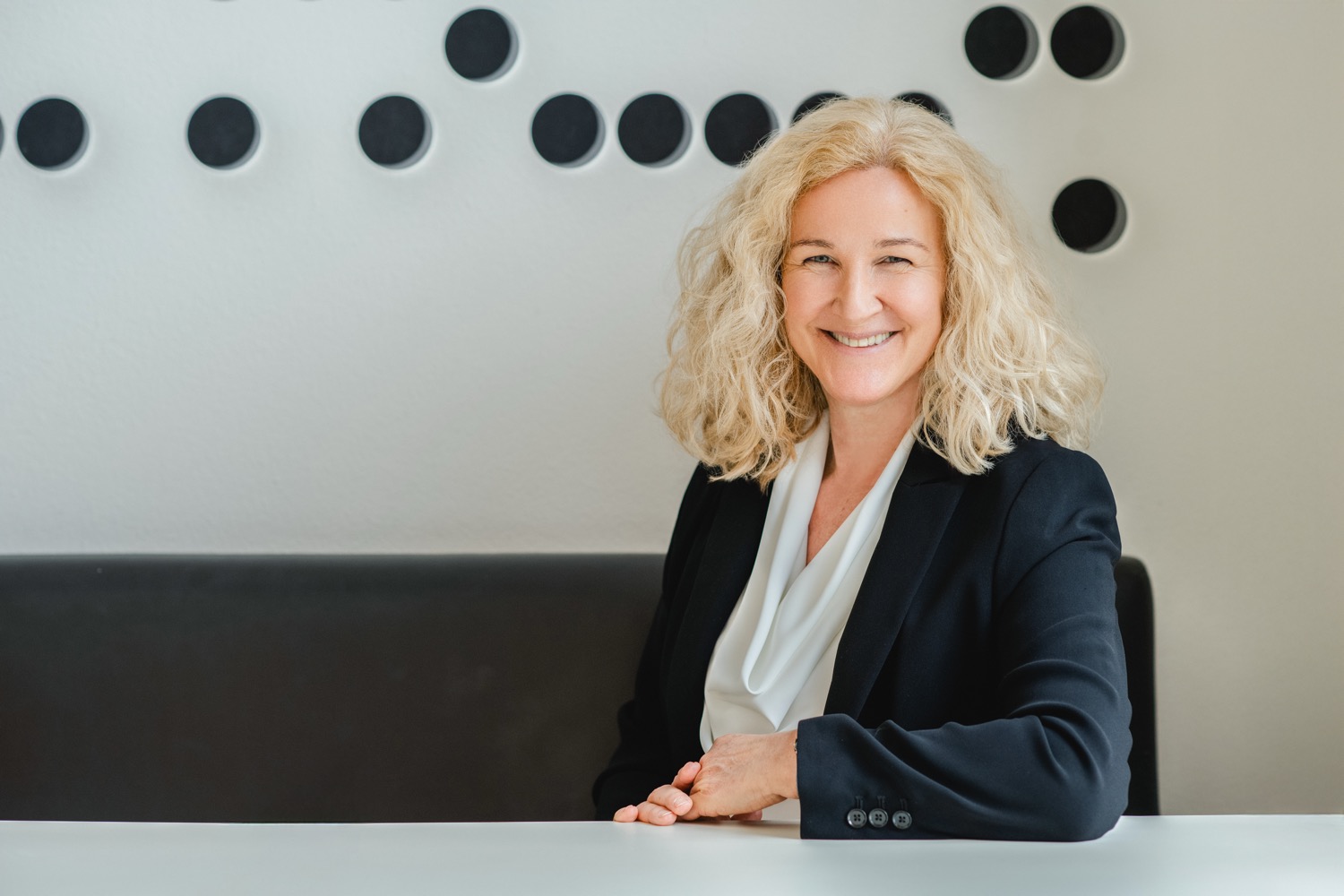Frequently Asked Questions
One of the most common questions in the translation industry is, “How long will it take?” Turnaround times depend on several factors: the number of words, formatting, complexity, subject matter, and more. You’re welcome to have me take a look at your files for a quick assessment — simply email them to me or call me at +49 8274 997363. Rest assured that I will treat all inquiries with utmost confidentiality.
It depends. If the jobs are similar in nature, turnaround times will generally shorten over time. That’s why it’s well worth your time to invest in a lasting partnership with a specialist translator you trust.
You invest heavily in product development and manufacturing. Your legal and administrative teams are top-notch. You select advertising and marketing partners with utmost care.
Why compromise on translations by picking the lowest bidder or a black box?
Tip: There is no such thing as a free lunch. Free online translators are hugely popular—Google alone handles over a billion translations daily. However, you should be aware of what you get: free services often store and use your data to improve their algorithms. That may be acceptable for personal blog posts or informal communications, but it poses significant risks for confidential corporate material.
Pricing generally depends on several factors, including:
- Language pair (e.g., English > German)
- Level of difficulty and text length
- Intended project start and desired delivery date*
- Certification (i.e., notarization) of translation required: yes/no (More information here)
- Special requirements such as special formatting, OCR, or file type specifications
- Purpose and target audience
*Quality takes time. For particularly short delivery times, please inquire about my express or weekend service.
Yes, I can. In Germany, only translators publicly appointed and sworn in by a German court are authorized to carry out certified (notarized) translations that are widely accepted by authorities worldwide.
As a sworn translator, I endorse certified translations with my name, signature, stamp, date, and the following notation:
As a publicly appointed and generally sworn translator for the [English/German/French] language in […], I confirm: The above translation of the [original] document presented to me in the [English/German/French] language is correct and complete.
Sworn translators must pass a state exam or hold a university degree in translation studies and are legally bound to confidentiality (§ 189 Sec. 4 German Judicial Systems Act).
Certified translations must:
-
Reproduce the source document fully, including crossed-out words and irrelevant notations (if applicable).
-
Include translations of fee stamps, seals, and official marks.
Extracts are not accepted by German authorities.
Tip: German authorities may not accept translations by foreign translators—even if sworn abroad. Even translations accepted by German consulates or embassies abroad might be rejected.
To be safe, I recommend engaging a translator publicly appointed and sworn in by a German court.
Specialized terminology matters.
Each technical term carries a precise meaning — if the translator fails to convey that precision, the translation may fail its purpose. For example, “titrate the reagent at a rate of 10 ml per minute” requires knowledge of titration. A non-specialist translator might misinterpret it as simply “pour” or “measure,” thus losing the scientific accuracy.
Working with a specialist translator ensures your documents are translated with full understanding of your field’s nuances, maintaining clarity and professionalism.
I work with German (my native language), English, and French. Based on my formal qualifications, I was publicly appointed and sworn in for these languages. After pursuing a degree in translation and interpreting, I spent several years working in the U.S., where I expanded my network and perfected my language skills.
Tip: Be cautious when suppliers claim to cover all languages and subjects. With your organization’s reputation and potential legal liability at stake, you shouldn’t take unnecessary risks. Even so-called networks of “hundreds of native speakers” can vary greatly in quality.
Ask yourself:
How close are their working relationships?
Under what conditions are texts translated?
How qualified are the translators?
Do you even know who is handling your sensitive content?

Are you looking for reliable support for your project?
Let’s work together!
I’ll personally handle your medical, scientific, and legal translations — reliably and confidentially.
Need to meet regulatory requirements? I also offer ISO 17100-compliant revision by a second qualified translator.
Contact me today and let’s make your project a success!

